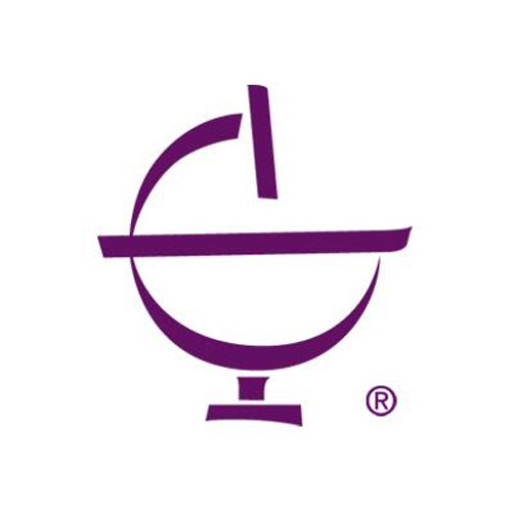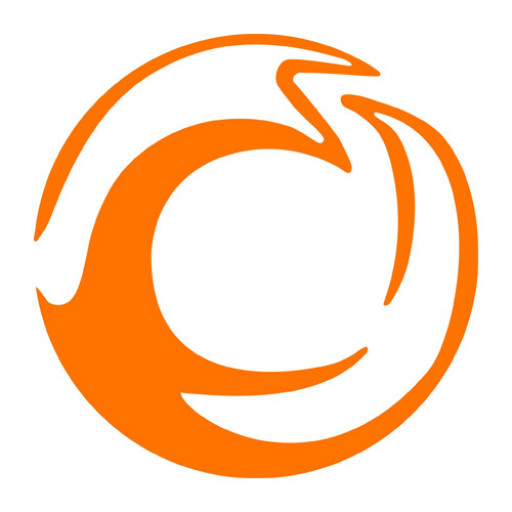The Counseling program at Excelsior College is designed to prepare students for rewarding careers in mental health, guidance, and support services. This comprehensive curriculum offers a blend of theoretical knowledge and practical skills essential for effective counseling across diverse settings. Students enrolled in this program will explore core topics such as human development, counseling theories, ethical and legal issues, multicultural competencies, and assessment techniques. The program emphasizes the development of strong interpersonal communication skills and cultural sensitivity, enabling future professionals to serve clients with empathy and understanding.
Throughout the program, students will engage in experiential learning components, including supervised practica and internship opportunities, to gain real-world counseling experience. The curriculum is structured to meet the educational requirements for licensure and certification in various states, preparing graduates to pursue careers in mental health clinics, schools, hospitals, community organizations, and private practices. Excelsior College's flexible online format allows students to balance their studies with personal and professional commitments, making higher education accessible to a diverse range of learners.
The program also focuses on ethical practices and the importance of ongoing professional development to ensure counselors remain effective and current in their field. Graduates of the Counseling program will be equipped with a solid foundation for further graduate education or entry into counseling careers, contributing positively to the mental health and well-being of the communities they serve. If you are passionate about helping others and making a meaningful difference, the Counseling program at Excelsior College offers the education and support you need to achieve your professional goals.
The Masters of Counselling is a PACFA accredited course [Psychotherapy and Counselling Federation of Australia - PACFA].
Program Requirements:
The Bachelor of Science in Counseling at Excelsior College is designed to prepare students for entry-level positions in various counseling settings or to pursue further graduate education in counseling or related fields. To complete this program, students must fulfill a series of academic and practical requirements that ensure they gain comprehensive knowledge and skills necessary for professional practice.
Firstly, students need to complete a total of approximately 120 credit hours, which includes general education courses, major-specific coursework, and electives. The general education component encompasses fundamental areas such as communication, critical thinking, social sciences, and humanities, which lay the foundation for effective counseling practice. These courses emphasize developing strong interpersonal and communication skills, cultural awareness, and ethical reasoning.
Core counseling coursework forms the central part of the program, covering topics such as counseling theories and techniques, human growth and development, ethical and legal issues in counseling, diversity and multicultural competence, and assessment and diagnosis. Students are required to engage in supervised practicum experiences, typically totaling around 100 hours, to gain practical experience working with clients under the supervision of licensed professionals. These practicum placements occur in approved settings, such as community agencies, schools, or health organizations, providing students with real-world exposure.
In addition to coursework and practicum, students must complete a comprehensive exam or final project demonstrating integration of theoretical knowledge and practical skills acquired throughout the program. Some programs may also require a capstone course that synthesizes learning and prepares students for professional opportunities.
Furthermore, certain state licensure or certification requirements may influence program completion, including background checks, ethical standards, and continuing education. While the program provides a solid academic foundation, graduates seeking licensure as professional counselors typically pursue additional supervised clinical hours and examinations as mandated by their state licensing boards.
Throughout the program, students are encouraged to participate in seminars, workshops, and professional development events to stay current with advancements in counseling practices. By fulfilling these academic, practical, and ethical requirements, graduates of the Excelsior College Counseling program will be well-equipped to serve diverse populations effectively and ethically in various counseling roles.
The financing of the Counselling program at Excelsior College is designed to be accessible and flexible to accommodate a diverse student body. Tuition fees are structured to provide transparency and affordability, with the total cost depending on the number of credits completed and specific course selections. Excelsior College offers various payment plans, allowing students to spread out their payments over time, which can ease financial burdens and facilitate continued academic progress. Additionally, the college provides financial aid options, including federal student loans, grants, and scholarships, tailored to support students pursuing degrees in counselling-related fields. Eligibility criteria for financial aid are determined by federal and state guidelines, and students are encouraged to complete the Free Application for Federal Student Aid (FAFSA) to explore available funding opportunities. The college also recommends that students consult with financial aid advisors who can assist with understanding the costs, identifying potential resources, and planning their finances effectively throughout their studies. For military personnel or veterans, Excelsior College offers specific benefits and support programs to help finance their education. The college's online format provides opportunities for students to work while studying, enabling them to finance their studies through part-time employment or employer-sponsored tuition reimbursement programs, where applicable. The college is committed to ensuring that cost does not become a barrier to obtaining a counselling degree, promoting access through comprehensive financial planning resources, flexible payment options, and financial aid counseling. Students should regularly review tuition updates and financial policies published on the Excelsior College website, as costs and aid procedures may change. Overall, the financing of the Counselling program emphasizes affordability, flexibility, and support, aiming to facilitate educational attainment for all students regardless of economic background.
The Counseling program at Excelsior College offers students a comprehensive education designed to prepare them for various professional roles in mental health and human services. The curriculum emphasizes foundational knowledge in counseling theories, ethical practices, human development, and effective communication skills. Students have the opportunity to study diverse counseling specialties, including mental health counseling, school counseling, rehabilitation counseling, and marriage and family therapy. The program is structured to provide flexibility for adult learners and working professionals, with online coursework that allows students to progress at their own pace while balancing personal and professional commitments.
Throughout the program, students engage in experiential learning components, including case studies, role-plays, and supervised practicum experiences, which help develop practical skills necessary for client interaction and intervention. Excelsior College's emphasis on accessibility ensures that students from various backgrounds can obtain a quality education without relocating or interrupting their careers. The faculty comprises experienced professionals committed to mentoring students and fostering their professional growth. Upon graduation, students are equipped with the knowledge and skills needed for licensure or certification in their respective states and are prepared to serve diverse populations with cultural competence and ethical integrity. The program also supports students interested in advanced study or specialization in related fields, enhancing their career prospects in counseling and human services.







